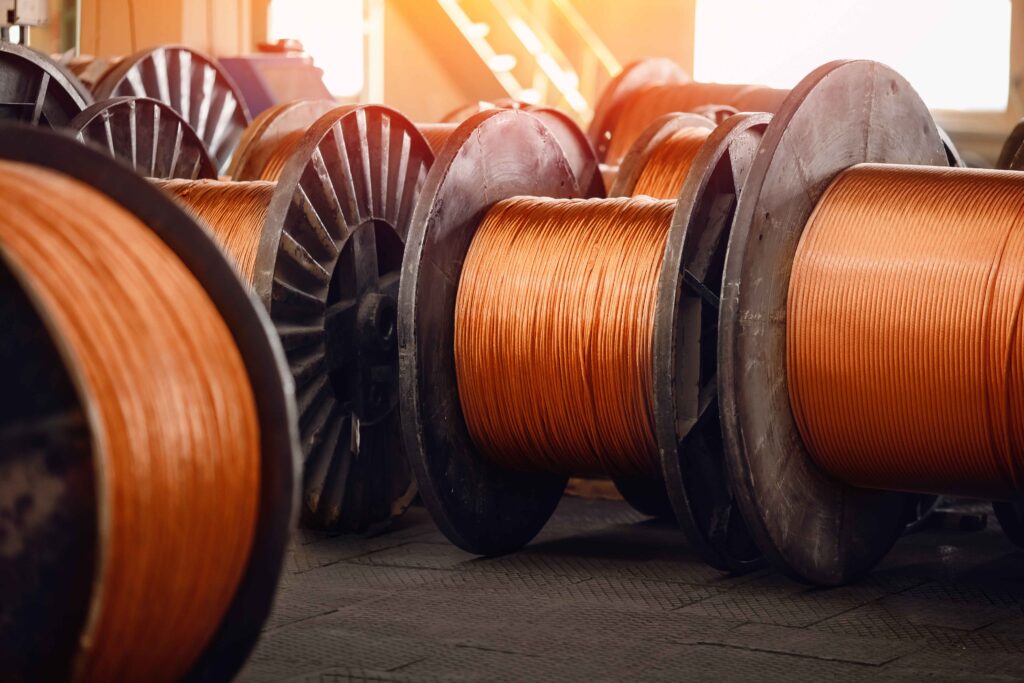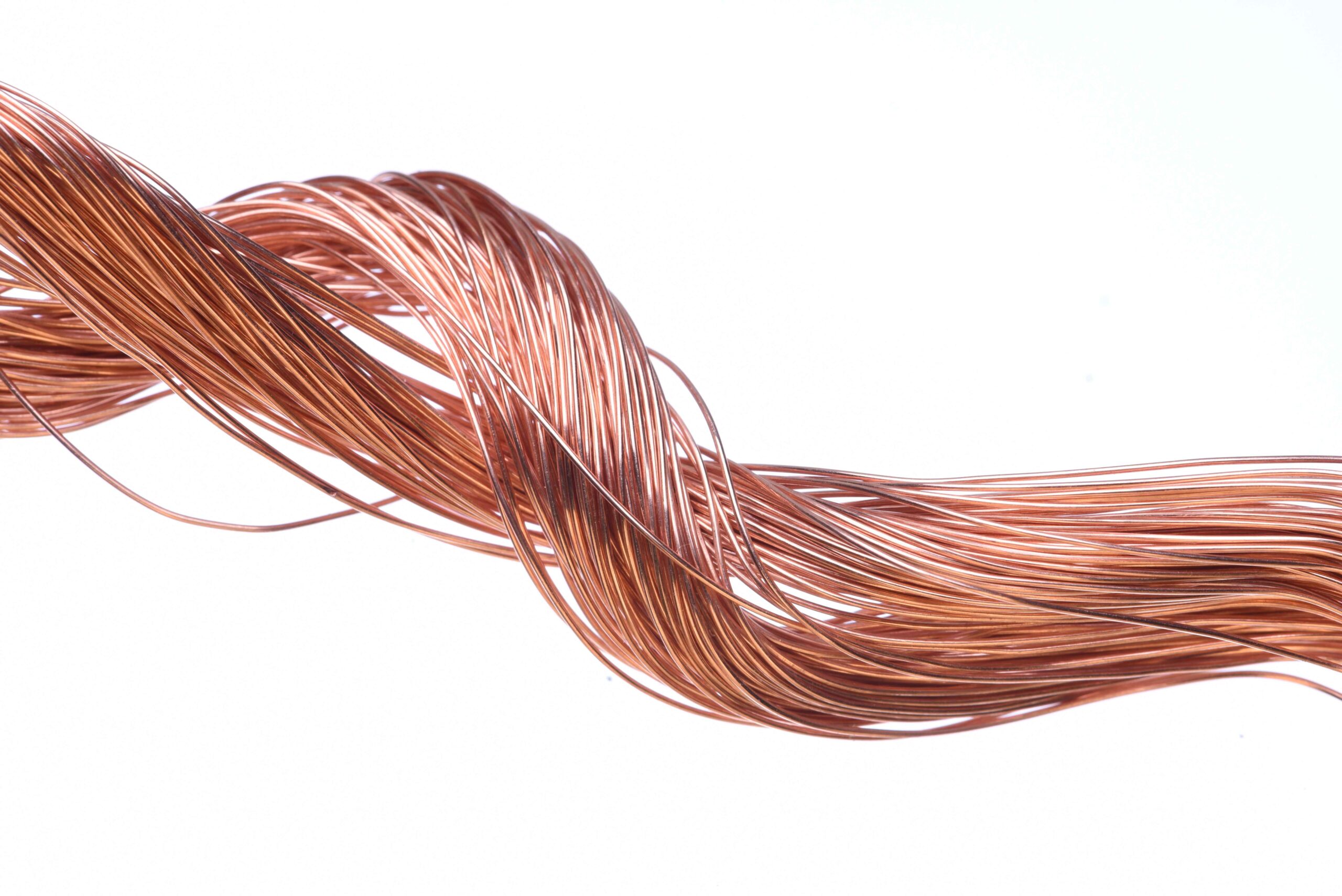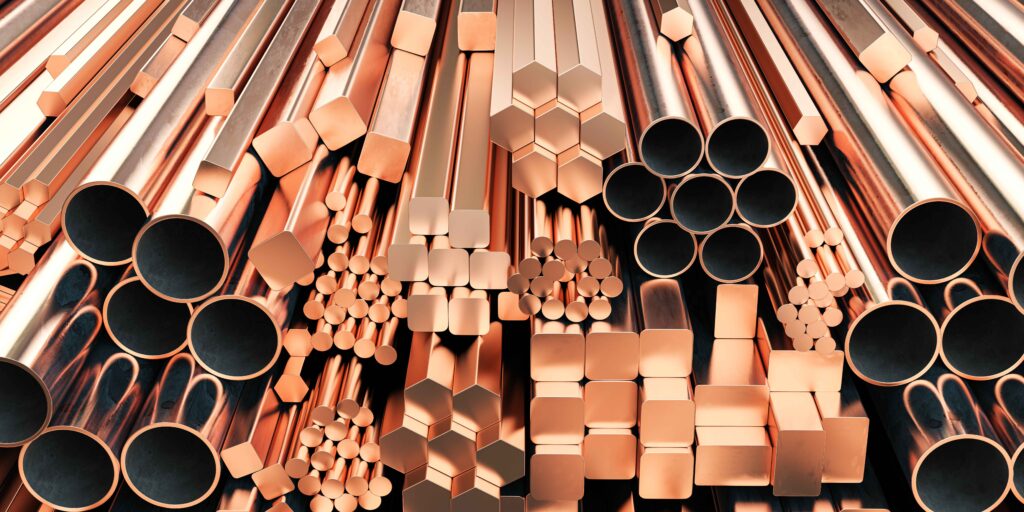Copper is one of the most versatile metals used in various industries, from construction to electronics. Its unique properties, such as electrical conductivity, durability, and resistance to corrosion, make it highly valuable. This blog will explore copper metal, its uses, its different forms like copper bars and copper rods, and how it compares to other metals. Whether you’re a manufacturer or a hobbyist, knowing the benefits of copper can help you choose the right material for your next project.
Understanding the Basics of Copper Metal
Copper is a naturally occurring metal known for its reddish-brown color and excellent thermal and electrical conductivity. It is found in ore deposits and can be extracted through mining. The malleability of copper metal makes it easy to shape into wires, sheets, and tubes, which are then used in various industries.
In its purest form, copper is soft and ductile, but it can be hardened through alloying. Popular alloys include bronze and brass. The versatility of copper metal makes it essential in manufacturing, construction, and electrical applications.
Primary Uses for Copper Metal
 The applications of copper are extensive, and its benefits are particularly valuable in industries that rely on high conductivity and corrosion resistance. Here are some common uses:
The applications of copper are extensive, and its benefits are particularly valuable in industries that rely on high conductivity and corrosion resistance. Here are some common uses:
- Electrical Wiring: Due to its excellent conductivity, copper is the material of choice for electrical wiring in homes and industrial settings.
- Plumbing: Copper pipes are used in plumbing systems due to their corrosion resistance and durability.
- Construction: Copper rods and copper bars are used in various construction projects, especially in roofing and cladding.
- Electronics: Many electronic components, from circuit boards to microchips, rely on copper for optimal performance.
Applications of Copper Metal in Projects
Copper metal is widely used in various DIY and industrial projects. Whether you’re working on a large-scale construction or a smaller artistic endeavor, copper is a great choice. Here’s how copper rods and copper bars are typically used:
- Artistic Sculptures: Due to its malleability, artists often use copper bars for creating sculptures and jewelry.
- Electrical Projects: Copper rods are excellent for grounding in electrical systems due to their high conductivity.
- Industrial Machinery: Copper metal is often incorporated into gears and bearings because of its wear resistance.
Using copper in these projects ensures longevity and reliability, making it a cost-effective solution over time.
Benefits and Drawbacks of Copper Metal
Just like any material, copper metal comes with its own set of advantages and disadvantages. Understanding these can help you decide whether copper is the right choice for your project.
Benefits:
- High Conductivity: One of the key benefits of copper is its exceptional electrical and thermal conductivity, making it ideal for wiring and heating systems.
- Corrosion Resistance: Copper metal is resistant to corrosion, especially when exposed to water and air, making it a preferred choice for plumbing.
- Durability: Copper is a long-lasting material that maintains its properties over time, even under harsh conditions.
- Malleability: Copper rods and bars are easy to work with, which simplifies shaping and installation processes.
Drawbacks:
- Cost: Compared to other metals like steel, copper metal can be expensive, especially in large-scale applications.
- Softness: While copper is malleable, it can be too soft for some applications where harder metals like steel are required.
- Oxidation: Over time, copper metal develops a greenish patina when exposed to the elements. Although this can add aesthetic value, it may not be desirable for all applications.
Comparing Copper Metal with Steel
When deciding between copper and steel, it’s essential to understand the differences in strength, durability, and application. While copper metal excels in conductivity and corrosion resistance, steel offers superior strength and is often used in structural applications.
Strength Comparison:
- Steel is significantly stronger than copper, making it a better choice for applications that require high tensile strength, such as building frameworks.
- On the other hand, copper is softer and more malleable, making it easier to shape and install, especially in electrical wiring and plumbing.
Conductivity:
- Copper is the clear winner when it comes to conductivity, making it the preferred material in electrical applications.
- Steel, while strong, is not as efficient as copper in conducting electricity or heat.
Is Copper a Precious Metal?
Although copper is highly valuable due to its wide range of uses, it is not considered a precious metal. Precious metals, like gold, silver, and platinum, are rare and have higher economic value. Copper metal is more abundant and has a lower market price, but its importance in various industries makes it an essential resource.
In summary, copper metal is a versatile, durable, and highly conductive material used in various industries, from construction to electronics. Whether you’re working on copper rods for an electrical project or copper bars for an artistic piece, its range of uses and advantages are undeniable. While it may have some drawbacks, such as its cost and softness, the benefits far outweigh these concerns.
At Millennium Specialty Alloys, we specialize in providing high-quality copper metal products, ensuring that you have the best materials for your projects.

